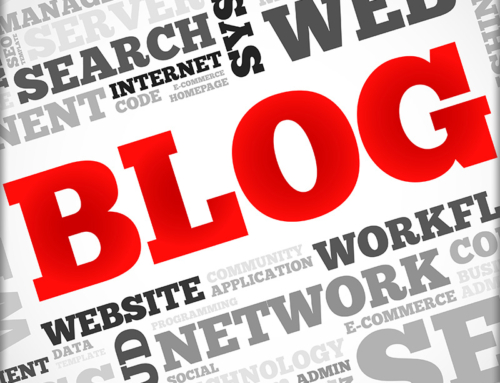Learn book marketing lingo, including terms such as author platform, book review, book trailer, and media kit. Below you’ll find a list of terms and their definitions commonly referred to in book marketing.
Author Brand: A representation of your unique identity and image. A strong brand is built on the ability to build and maintain relationships with readers by communicating with a unique and recognizable voice. Tangible elements such as photos, logos, and cover design are also part of the author brand.
Author Platform: An author’s expertise, personal and professional connections, and all the tools the author leverages to build an audience.
Amazon Author Central: The site where you create your official Amazon author profile, add photos, sync your blog and social media feeds, and list events. Once this is set up, you’ll add (or claim) each of your books and add synopses and any endorsements you’ve received.
Blog: A regularly updated website or web page, generally written in a personal, conversational tone.
Book Review: A critical viewpoint written by a reader or media professional (e.g. newspaper columnist, magazine editor, blogger).
Book Trailer: A short one- to two-minute video using a mix of images, music, video, and/or voiceover, designed to create buzz for your book before it’s released.
Bookstore Sell Sheet: A professionally designed document containing the necessary ordering information and metadata (e.g. title, author name, publisher) required by bookstores who wish to carry your book.
Endorsement: A brief review of your book by someone of notoriety, such as a well-known author or media personality. Endorsements are placed on the back cover, in the first few pages, on your website, and/or in online listings.
Galley Copy: A pre-release copy of your book, often not the final version. A galley copy can be sent to media contacts to inquire about book reviews or sent to individual readers when targeting for potential endorsements. Galley copies can be either physical books or electronic files.
Goodreads: A social media site just for books. Readers connect with friends, get book recommendations, write reviews, make reading lists, and much more.
Goodreads Advertising: A pay-per-click form of online advertising hosted on Goodreads. Includes an image of your book and a short ad that entices readers to visit your book’s Goodreads page and mark it as “to-read.”
Goodreads Giveaway: An online book giveaway that any Goodreads member can enter. You can give away as few or as many books as you’d like and run it for any length of time.
Guest Blogging: Writing a post (or short article) for someone else’s blog.
Headshot: A professional photograph of yourself used for promotional purposes, often called an author photo. Your headshot can be used on places such as your back cover, website, and social media profiles. It should be a current photograph, taken within the past five years, and it should be a high-resolution image.
Launch Party: An event scheduled on or around your book’s publication date. Launch parties can be hosted at any location, but popular spots include bookstores, libraries, coffee shops, or the author’s home.
Marketing Plan: A broad, strategic plan detailing everything you’ll do to promote yourself and your book. Marketing plans can include social media efforts, launch parties and/or book signings, advertising, speaking engagements, an author website, and blogging.
Marketing Plan for Distribution: The specific marketing activities recommended by the distributor pitching your book directly to Barnes & Noble Small Press and to wholesalers like Ingram and Baker & Taylor. These include detailed book signing information, secured media coverage, and any other concrete plans you have that might convince them you’re likely to sell books in a specific geographic market.
Media Coverage: Mention of your book via any media outlet, which includes, but isn’t limited to, reviews, TV interviews, radio interviews, websites, blog reviews, and an author Q & A. Coverage is most often secured as a result of professional pitching to media outlets.
Media Contact: A professional book reviewer or journalist employed by a media outlet.
Media List: Targeted list of media outlets researched and created by your publicist to which your book may be pitched.
Media Outlet: Newspapers, magazines, radio shows, TV shows, online news sites, podcasts, blogs, and any other method of disseminating news about your book that’s not word of mouth.
NetGalley: An online book reviewing site. Book reviewers, librarians, booksellers, educators, and media professionals can request complimentary ebooks to read in exchange for their reviews.
Pitch Emails: Emails that target media contacts in an effort to procure book coverage. Pitches highlight key points of both the book and the author’s platform and are tailored to each individual contact. Typically, per media etiquette, a media outlet receives three pitch emails before the release of a book.
Press Release: A professionally written, one-page announcement of your book release used to entice media outlets to cover your book. A press release typically includes your book information, publication date, sales handle, and any endorsements.
Sales Handle: A one-sentence “buy me” for the back of the book—also frequently used in online marketing.
Website Media Kit: A hidden page on your website with a direct link which you or your publicist can send to book reviewers or journalists requesting detailed information about your book. It should include your bookstore sell sheet, sample chapters (or the full manuscript), your book cover image, and your headshot.




